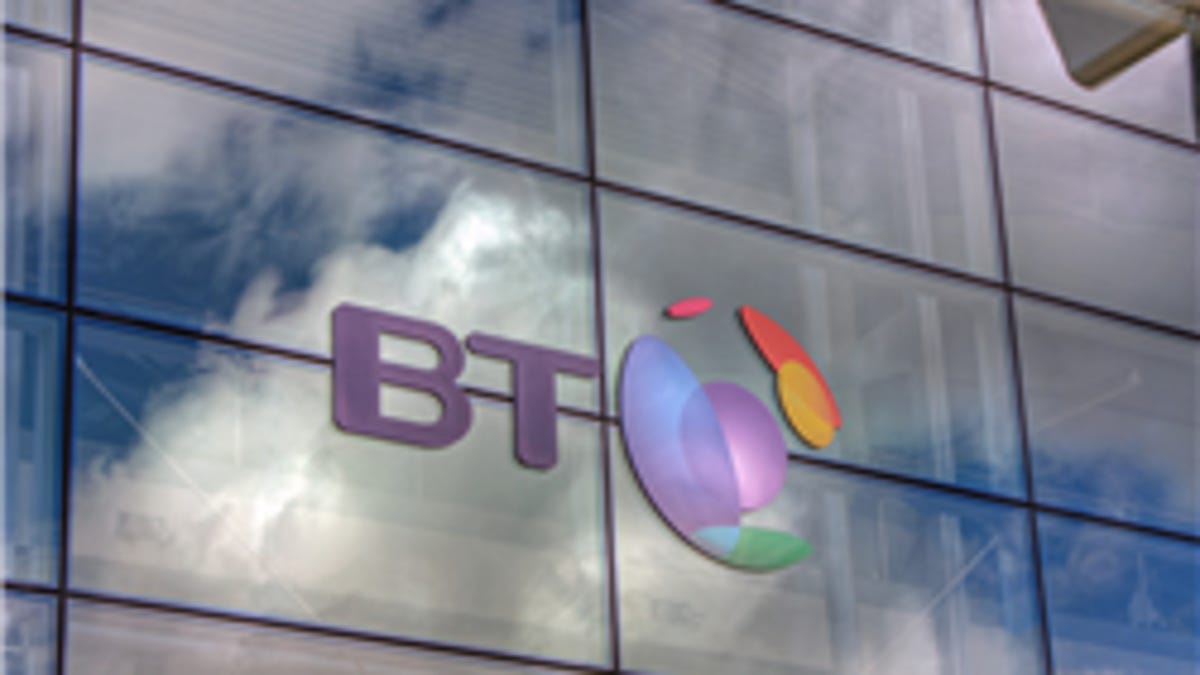Big payoff in smart energy, says BT
Phone and broadband giant BT, one of the U.K.'s largest energy guzzlers, says it expects to cut its annual energy costs by $20.6 million after switching to smart meters and energy management systems at its U.K. facilities.

One the U.K.'s top 10 energy consumers says it's found a simple and straightforward way to save money.
Phone and broadband giant BT (previously known as British Telecom) announced yesterday that it's on track to save at least 13 million pounds (about $20.6 million) in annual energy bills after switching to smart meters and energy management systems in its office buildings, data centers, and telephone exchanges.
The switch has reduced BT's carbon footprint by 5 percent, or the equivalent of powering 23,000 homes annually, the company said.
Of course, the initial layout was no small feat. The switch involved installing over 22,000 smart meters, and 1,500 energy management systems, and a broadband-connected management control network.
The system not only monitors and controls electricity use in real time, but also energy exchanges via BT's heating, air conditioning, and ventilation systems in all its facilities.
The system is currently only being used in BT's U.K. facilities. However, starting in 2012 the company plans to begin implementing similar systems for its global facilities, which includes buildings in over 170 countries.
In addition to the energy management fix, BT also plans to add wind turbines to its properties to build toward a goal of being on 25 percent renewable energy in the U.K. by 2016.
The move is not surprising for BT, which has long been known as a risk-taker as far as corporations go. This is, after all, the same company that acquired Ribbit and then opened up its network to application developers for voice-related Web applications long before its telecommunications or broadband competitors.

